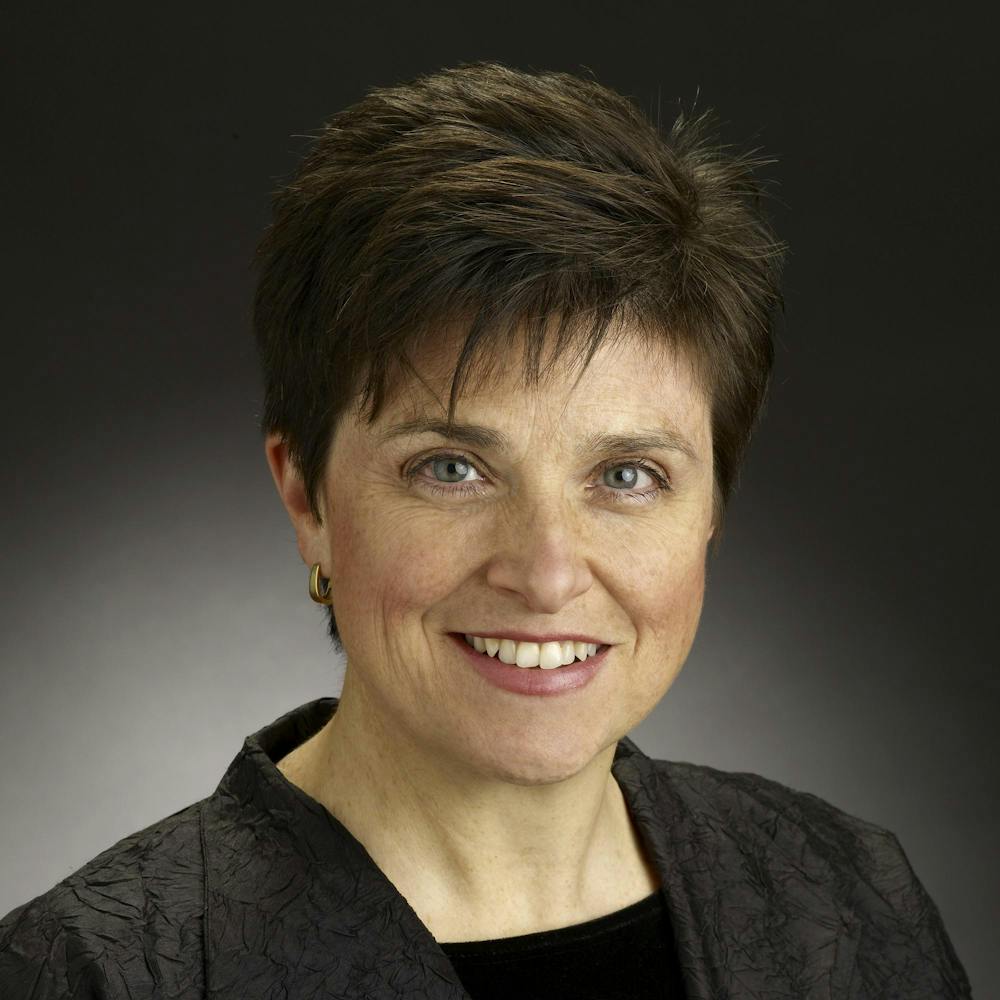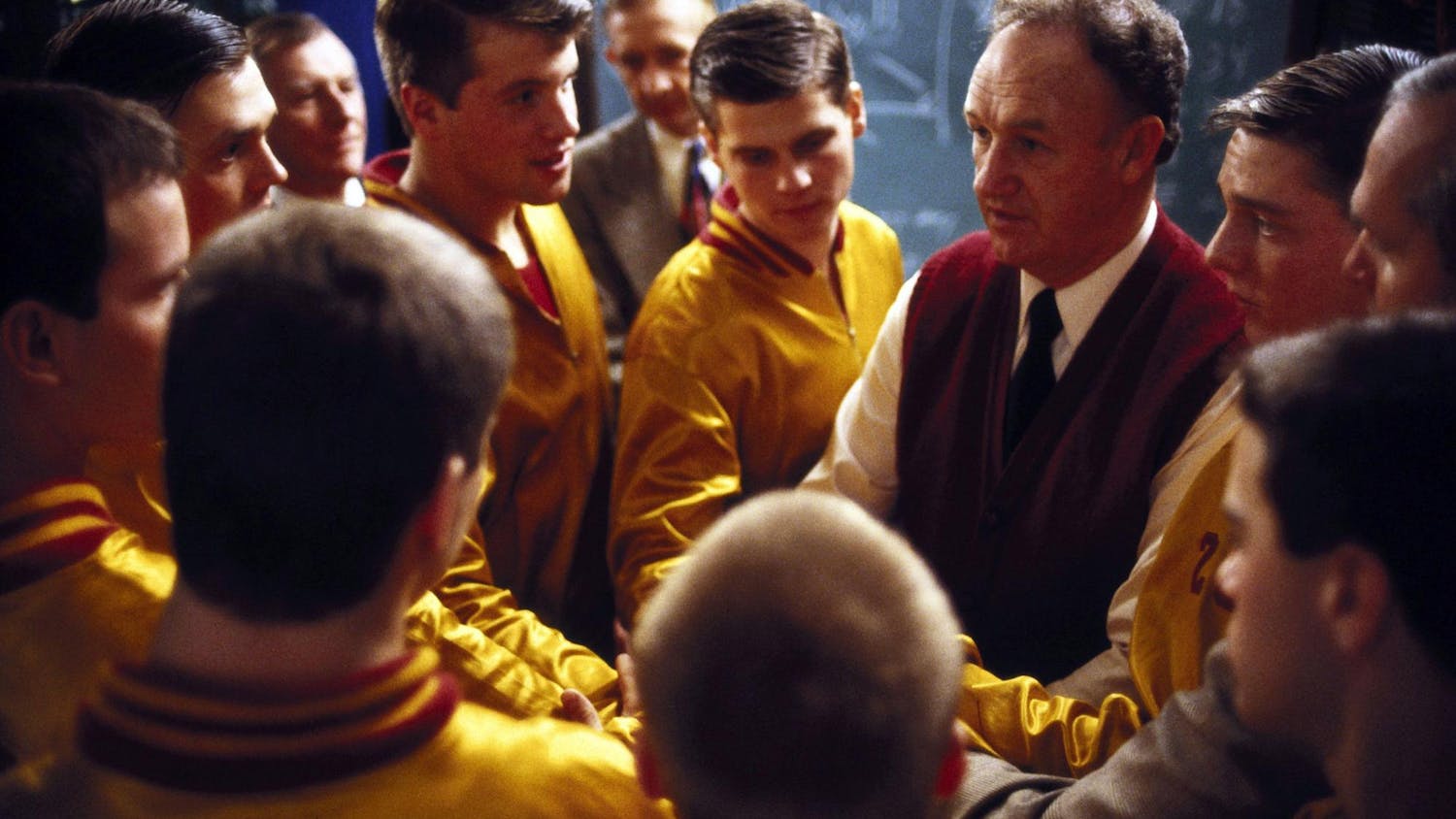The Jacobs School of Music, in collaboration with the Oratorio Chorus, IU Children’s Choir and Concert Orchestra will present a performance of “Carmina Burana.”
The performance will be held at 8 p.m. in the Musical Arts Center and will be livestreamed on IUMusicLive!
“Carmina Burana” is a cantata— a vocal arrangement with instrumental accompaniment— composed by Carl Orff. The cantata is based off 24 poems from a medieval set also titled “Carmina Burana.” The performance will be conducted by Betsy Burleigh, professor of choral conducting and chair of the choral conducting department.
The performance is one of the two choral orchestral works typically performed at the Jacobs School of Music. Burleigh was selected to conduct “Carmina Burana” based on her previous work conducting choruses with large symphony orchestras.
Burleigh said the piece was more elemental than intellectual, its catchy and simple rhythm making it easy for audiences to listen and enjoy it. Burleigh found the first movement, “O Fortuna,” spoke to the popularity and accessibility of “Carmina Burana” as it remains engrained in popular culture to this day.
“The melodies are simple, direct and memorable, often like folk tunes so they’re easy to remember,” Burleigh said. “Orff’s orchestration is so colorful and creative, there are constantly new sound worlds to hear.”
The music has a resoundingly gorgeous sound to it, with 25 total musical movements, each piece a different length. Burleigh said this created an engaging challenge of musical and vocal recovery from piece to piece.
“The hardest thing is leading the quick changes between and appropriately connecting all the short movements,” Burleigh said. “The longest one lasts about 3 ½ minutes. I can’t think of another work like this.”
“Carmina Burana” is known for its range of emotional music, with some songs expressing grief, others joy and others bitterness. The emotional control needed to conduct such a wide range of experience is not the easiest, but Burleigh said she handled it by remaining present and connected to each performer, creating a unique bond with each instrumentalist and vocalist.
“It’s responding in the moment,” Burleigh said. “The singers and players are making the sound, my job is to facilitate and coordinate, and hopefully inspire.”
The performance is free for all to attend. Burleigh encouraged those who were potentially apprehensive about seeing the performance to give it a try simply for the thrill of hearing music live. That shared experience is something that can never be truly replicated, and every live performance should be treasured as a respite of sound in a world of noise.
“Seeing the energy of the performers, feeling the music, all this somehow makes the audience a part of the performance,” Burleigh said. “Ultimately, I hope the audience experiences the full range of human emotion “Carmina Burana” presents.”




